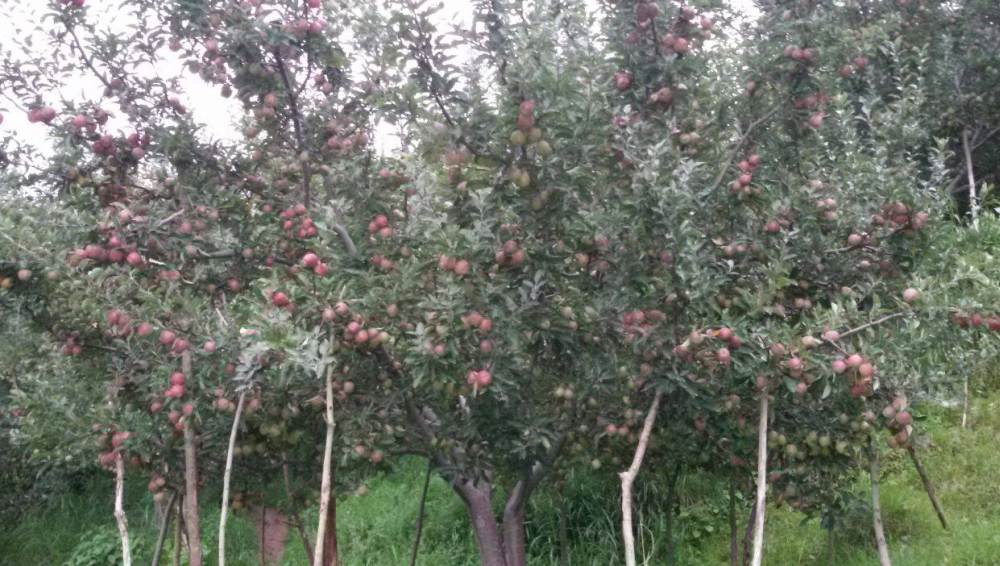Shimla – The excessive and indiscriminate use of phosphorus in Himachal Pradesh’s apple orchards is causing significant soil health deterioration, prompting an urgent advisory from the Horticulture Department. Recent soil tests have revealed dangerously high phosphorus levels, which are adversely affecting gardening practices and the quality of apple crops.
According to the advisory, phosphorus is essential for apple plants’ growth, flowering, and fruit quality. Still, it must be applied in the correct amount, at the right time, and using the appropriate method. Improper application prevents phosphorus from reaching the roots and leads to an imbalance in soil nutrients, resulting in deficiencies of crucial micronutrients like zinc and iron.
A soil scientist with the Agriculture Department highlighted the severity of the issue. “Excessive phosphorus disrupts the nutrient cycle in the soil. Over time, this imbalance reduces the availability of other essential nutrients, which can have long-term consequences for both soil health and crop productivity. Regular soil testing is critical to ensure that phosphorus is used judiciously,” he said.
The department’s advisory recommends applying phosphorus in alternate years, preferably in December, about 90 days before flowering. It advises gardeners to dig a circular groove approximately one foot away from the stem and add phosphorus there to ensure it reaches the roots effectively. This method maximizes absorption and minimizes wastage.
Improper practices, such as applying phosphorus near the stem or using it excessively, prevent absorption and result in its accumulation in the soil. This not only hampers the current crop but also depletes the soil’s fertility over time.
The department has emphasized that phosphorus should not be applied if soil testing indicates sufficient or high levels of the nutrient. Growers are encouraged to adopt sustainable practices to preserve soil health and ensure better productivity.











